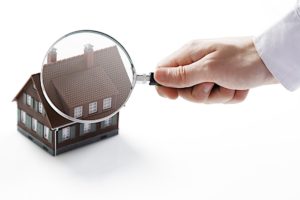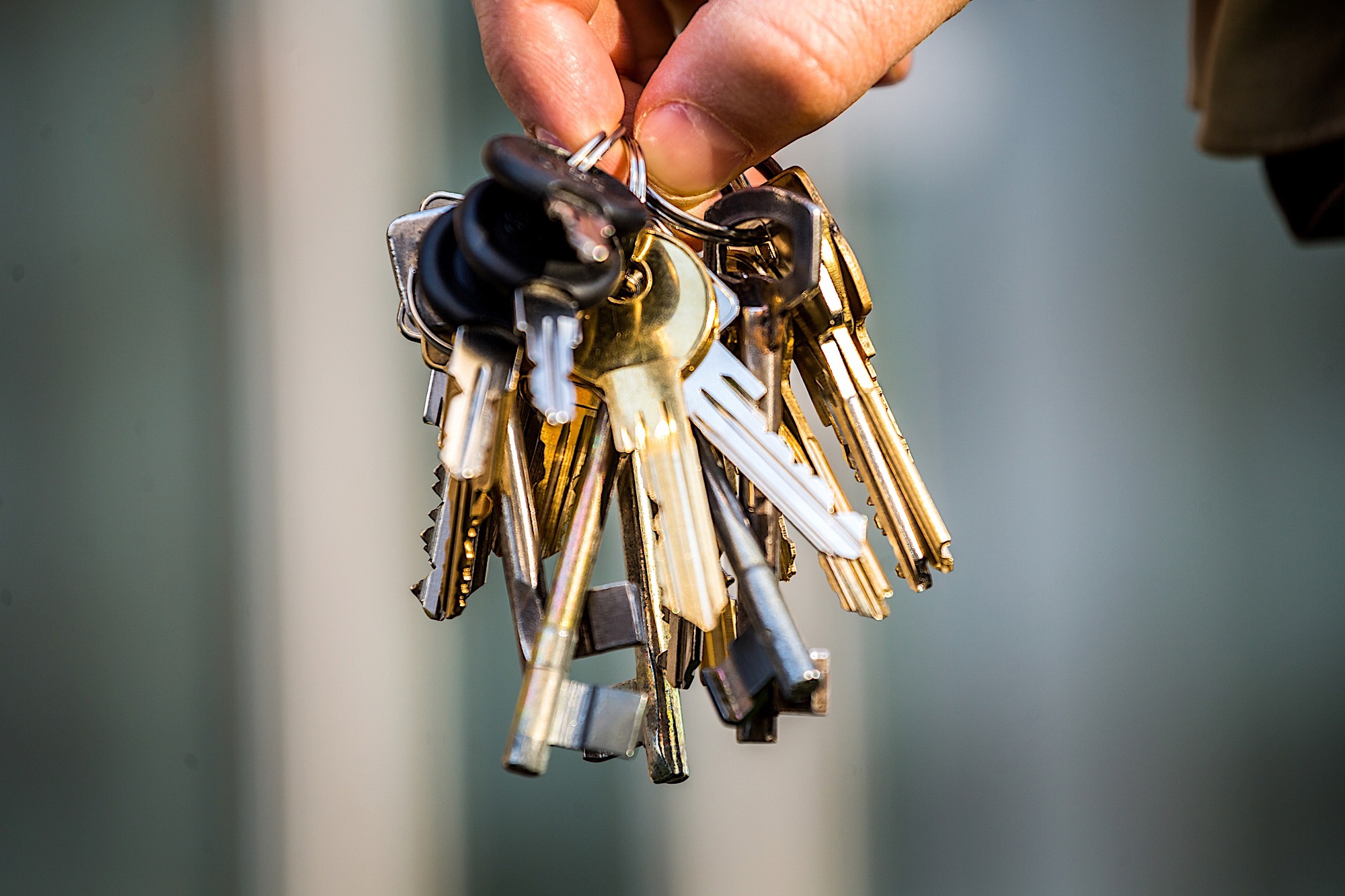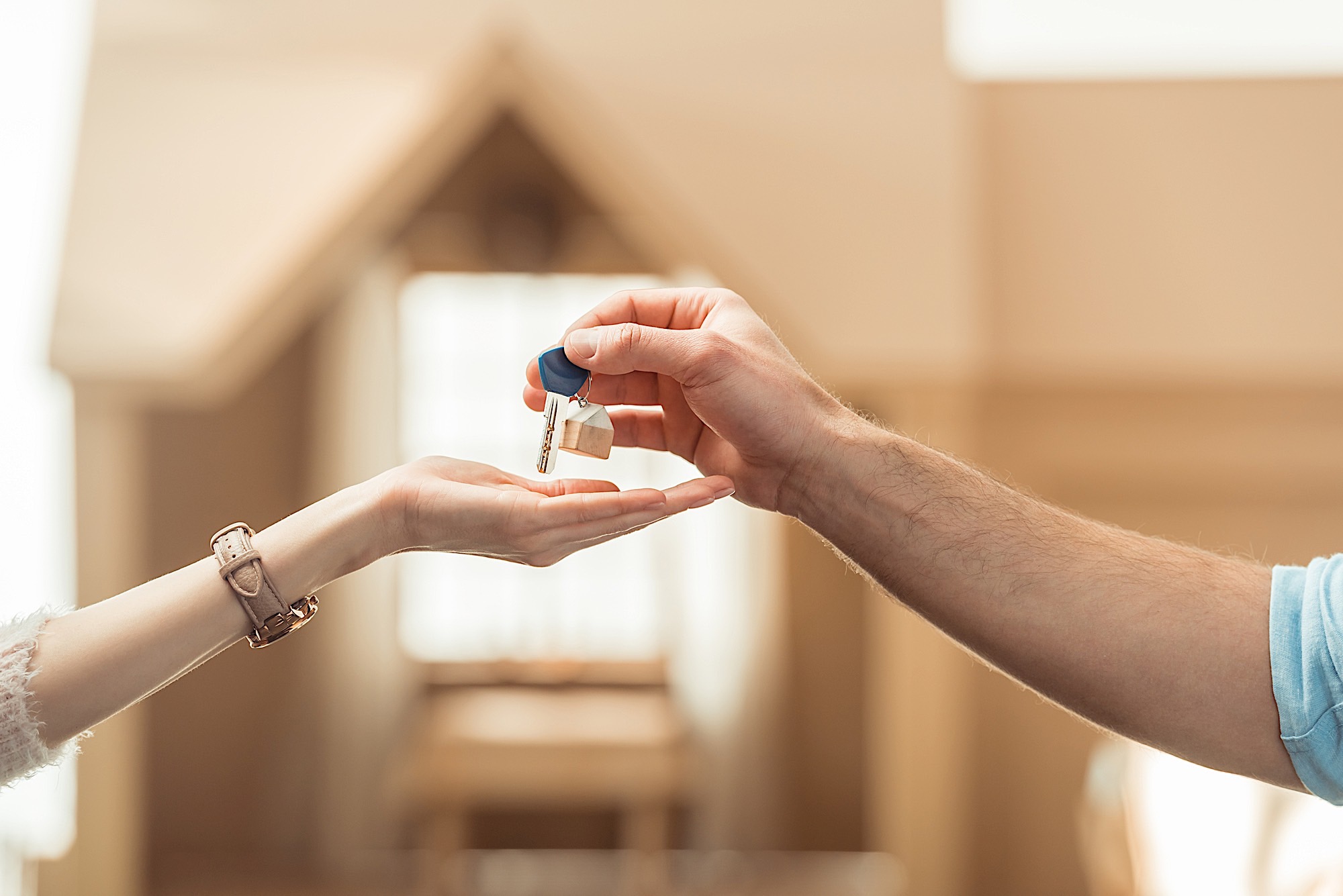Should you get a rental property inspection before signing a lease?
A home inspection is the norm when you buy property, but they’re virtually unheard of for renters. Is that a big mistake? If you ask for a rental property inspection before signing a lease, are you just being a pain, or are you making a smart decision?
Why You Want A Home Inspection As A Renter
Most renters never think of it, but there are many reasons to get an inspection. Generally, buyers require one because they know they’ll be the ones paying for any major repairs after they close the deal. This is seldom true for renters, but that doesn’t mean there won’t be the rare landlord who tries to blame a malfunction or damage on an innocent tenant.
Renters should also consider an inspection because they often fork over big deposits and legally obligate themselves for the term of the lease. This can be risky, even after moving out, if maintenance issues persist. Few have the cash to be paying rent for two places if they are only using one, and few landlords will be forgiving enough to let you out of the lease and not pursue you for the balance in court.
Equally important are the potential health issues involved if you decide against an inspection. You don’t want your family living in a toxic home or apartment. Unfortunately, there has been some chaos in the real estate market over the last decade where many landlords are not aware of a property’s existing problems. As the prospective tenant, it is on you to do your homework.
When You Should Get One
There are four instances when you should get a rental property inspection. You can do these home inspections with your landlord, or you can enlist a rental property inspector to do so on your behalf.
- Before You Inquire: Don’t waste your time on a property that clearly has deficiencies. Before you inquire about renting, visit the property and conduct a “drive-by inspection.” All you’re doing is looking at the outside of a property and looking for serious red flags: a crumbling roof, broken windows, broken door locks, etc. These properties usually aren’t worth your time, or they may warrant a serious rental property inspection.
- When You Move In: When you move into the property, you’ll conduct a property inspection with the landlord. Some landlords use a move-in checklist and document issues with the property. Do your inspection very thoroughly so you can locate all problems: if you miss something, like a dented wall, the landlord may think you caused it and will take money from your security deposit when you move out. You and the landlord will sign and date the move-in checklist. Always ask for a copy of the checklist for your records.
- When You Move Out: After you’ve moved all your belongings out of the rental property, you and your landlord will conduct another inspection to look for damage that you might have caused. Be sure to review the form carefully before you sign. If you caused any damage, the landlord can take money from your security deposit to make repairs. Always ask for a copy of the checklist.
- Every Three to Six Months: Conduct a “routine inspection” of the rental property every three to six months, depending on the length of your lease. A routine inspection is a good way to ensure you’re keeping the rental property in top condition, and it will also make you aware of maintenance issues. You want to fix maintenance issues as soon as possible before they get worse. Remember, your landlord is responsible for having maintenance problems fixed, so there won’t be any financial obligation on your part.
Rental Property Inspection FAQs
Can I Get A Home Inspection As A Renter?
It may not be common, but there is no reason a prospective renter cannot order a home inspection for themselves. You will need your landlord’s permission and access to the property, but accessing this should not be a problem. Home inspections generally cost a couple hundred dollars or less and are well worth the investment. An alternative option may be to request a copy of a recent inspection from the landlord. Your landlord should have one if they just purchased the property.
What Do Home Inspectors Look At?
Home inspectors are extremely thorough. They will examine everything from the exterior, to pest control and the foundations. They will make sure the roof, wiring, and plumbing are all in working order. Don’t panic if they are overly detailed, It’s their job. You just need to worry about the items that might affect you while you are living there. Make sure to document the final status of the property as well, in case of a dispute later on.
Some important items that don’t typically appear on an inspection include mold, meth labs, and Chinese drywall. These are extremely poisonous and potentially fatal, yet there may be no visible clues at all.
What if My Landlord Won’t Allow A Property Inspection?
Because this is a somewhat infrequent request, your landlord could be wary. Reassure them why you are doing it. If they still refuse, you should seriously question going through with the rental process.
What Else Should Savvy Renters Check?
It can be a minefield in the renters’ world today, which is why smart renters need to complete as much of their due diligence as possible. This includes checking into the solvency of the owner and manager. Are they paying the mortgage, taxes, and maintenance, or are they at risk of falling into foreclosure? What about any associations involved? Is the condo or homeowners association solvent? Do they have enough operating capital and reserves to keep up the services and maintenance you expect? Much of this information can be found in public records if they won’t provide it to you directly.
Also, ask about the owner or property management company’s reputation. Are they tough, fair, good, crazy? Why did the last occupants vacate? This gives you a chance to meet some of your prospective neighbors and feel them out.
Summary
Rental home inspections are clearly important, even for renters. Even if you plan on renting a place that’s newly built, you should never rely on looks alone. If the seller won’t allow your rental home inspection, don’t be afraid to insist on one. Confirm your right to purchase as-is with the right to inspect, or know when the risk is too high and walk away.
We have off-market inventory coming up all over San Diego right now! Click here to browse our properties comings soon and submit your info to set up a showing!











